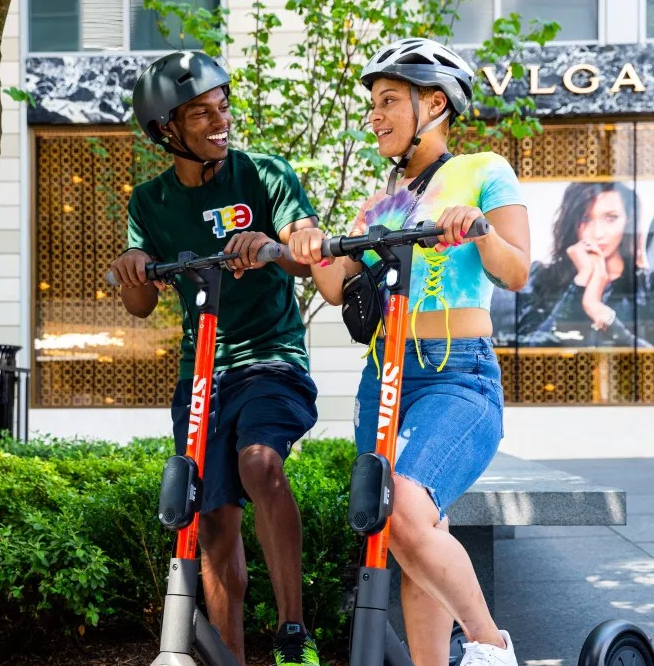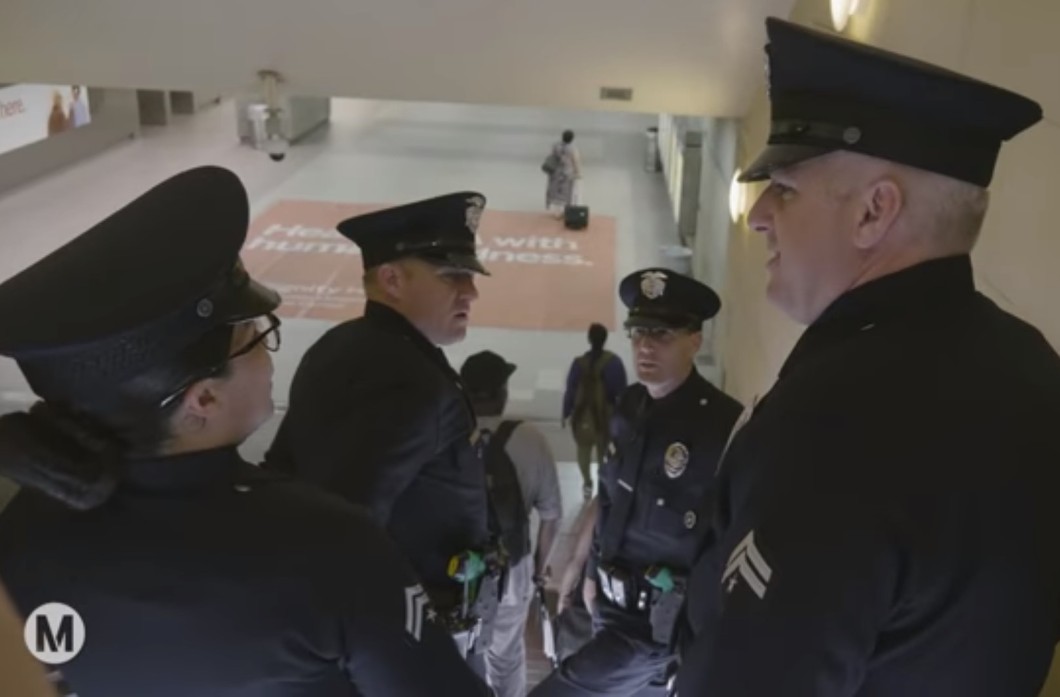It's the data, stupid.
Convinced that egghead city planners need tons of statistics to be persuaded to transform neighborhoods from car-friendly nightmares into pedestrian-friendly Utopias, the people behind Spin e-scooters are offering five non-profit safe-street advocates the facts and figures to bolster support for protected bike lanes.
The Ford-owned company has partnered with StreetLight Data and Populus, which collect analytics on how pedestrians, bicycles, scooters, and cars interact. The so-called “toolkit” will provide access to the same data that a traffic engineer at a city agency might use, according to Maria Buczkowski, senior policy communications manager at Spin.
Along with the data, advocates will also receive a speed gun to track vehicle speed, a time-lapse camera to show street scenes over an extended period of time, and a counter to track the amount of bicycles and pedestrians are in an area.
Having such information at the fingertips of safe-streets advocates will make it easier to convince politicians and planners of the benefits of the pedestrian-friendly infrastructure projects they are proposing, Buczkowski added.
To get the data, planners who are a part of a 501 (c) non-profit organization must first pitch a project (such as a campaign to connect two or more protected bike lanes, or an effort to lower speed limits in residential neighborhood) and explain how better data could help move the project along. Applications and rules are found here.
Up to five winners will be announced in November, and advocates will have access to the data from January through December, 2020.
Car companies, of course, haven't always been at the forefront of the safe street movement. General Motors, for instance, was famously fined $5,000 for its part in the infamous Great American Streetcar Scandal, when a shadow company, National City Lines, purchased street car systems in 25 American cities just to shut them down — clearing the way for gas-powered automobiles and all the death and destruction they wrought.






